Short introduction
Civil and commercial mediation is now one of the most effective tools for resolving disputes between individuals, businesses, professionals, and consumers, avoiding the time and expense of traditional litigation. Concordia et Ius is a mediation organization accredited by the Ministry of Justice and based in Palermo, a point of reference for anyone seeking rapid, confidential, and collaborative conflict resolution.
What is Civil and Commercial Mediation?
Civil and commercial mediation is an out-of-court process in which an impartial third party, the mediator, assists the parties in reaching an amicable agreement. The process is based on voluntary action, flexibility, and cooperation: the mediator does not decide who is right, but facilitates dialogue and, if requested, can formulate a conciliatory proposal that the parties are free to accept or reject.
Introduced in Italy by Legislative Decree 28/2010, mediation applies to civil and commercial disputes, including those between consumers, businesses, and organizations. At the European level, Directive 2008/52/EC has fostered uniform regulation across Member States, promoting the use of mediation as an alternative justice tool.
What is the purpose of Mediation?
The goal of mediation is to facilitate conciliation between the parties, with the support of a qualified and impartial mediator, who assists them in reaching an amicable agreement and, if requested, in formulating a proposal for resolving the dispute.
Its role consists of:
- Promote discussion between the parties in a structured and collaborative environment
- Guide the negotiation process by removing barriers to communication
- Support the Parties in finding a shared solution
- If requested, formulate a conciliatory proposal, leaving the Parties free to accept it or not.
The Mediator works at Mediation Bodies accredited by the Ministry of Justice, ensuring a fair and transparent procedure.
Mediation allows the parties to maintain control over the final agreement, representing an effective alternative to litigation. In mandatory civil mediation, as in voluntary or court-mandated procedures, the process ensures transparency, impartiality, time savings, and control over final decisions. This method is now essential for managing conflicts between both citizens and local businesses, promoting a modern, collaborative, and efficient justice system.
Mediation today represents a fundamental conflict management tool, in line with a modern, efficient, and collaborative justice system.
Why choose mediation in Palermo with Concordia et Ius?
Contacting Concordia et Ius for mediation in Palermo means activating an ADR procedure compliant with national and European regulations, with effect throughout Italy. The organization provides qualified and accredited mediators capable of managing complex conflicts while maintaining balance, confidentiality, and attention to the parties' needs.
The registered office is in Palermo, at Via G. Sciuti 124, easily accessible to citizens, professionals, and local businesses seeking a structured and professional mediation process. The process can also be initiated remotely, using online methods that ensure efficiency and timeliness.
Objective and function of mediation
The primary purpose of mediation is to facilitate conciliation between the parties, helping them reach a shared agreement that reduces the time, costs, and uncertainty typical of the judicial process. The mediator guides the discussion in a protected environment, fosters communication, removes obstacles to negotiations, and supports the development of sustainable solution options over time.
When the Parties request it, the Mediator can formulate a conciliation proposal, which represents a further opportunity to resolve the dispute quickly and advantageously. At every stage of the process, the Parties retain control over the final agreement, choosing whether or not to sign the agreement reached.
Types of Mediation provided for by Legislative Decree 28/2010
Legislative Decree 28/2010 distinguishes between different types of mediation, all of which can be activated through accredited bodies such as Concordia et Ius:
- Voluntary mediation: activated spontaneously by the Parties to prevent or resolve a conflict without resorting to a judge.
- Mandatory mediation: required as a condition of admissibility for certain matters before initiating a civil case.
- Judge-ordered mediation: ordered by a judge during proceedings to facilitate an attempt at conciliation.
- Contractual or agreed mediation: provided for by clauses inserted in contracts or statutes which require the Parties to attempt mediation before the trial.
These forms of mediation allow the tool to be adapted to the specific needs of the legal relationship and the type of dispute.
Mandatory mediation: matters and relationship with the process
Mediation is a condition for the admissibility of legal proceedings for specific disputes, including:
- Condominiums, real rights, divisions, inheritances, family agreements
- Lease, loan for use, business rental
- Medical and health liability, defamation through the press or other means of advertising
- Insurance, banking, financial, franchising, consortium, supply, and business network contracts
- Partnerships, subcontracting, joint ventures, work contracts
In these matters, the party wishing to take legal action must first submit a request for mediation to an accredited body such as Concordia et Ius, otherwise the case is inadmissible. The mediation process thus integrates with the trial, offering a mandatory but appropriately structured step toward a possible negotiated solution.
Advantages of Civil and Commercial Mediation
Mediation offers numerous benefits compared to ordinary litigation, particularly when managed by a specialized body with local roots such as Concordia et Ius:
- Reduction of time and costs: the procedure is generally quicker and cheaper than a civil trial.
- Customized agreements: solutions can be tailored to the specific needs of the Parties, with greater flexibility than a judgment.
- Relationship Protection: Cooperative conflict management helps preserve family, condominium, corporate, or commercial relationships.
- Confidentiality: Everything that emerges during mediation remains confidential and cannot be used in subsequent proceedings, except where provided by law.
- Greater satisfaction of the parties: agreements built together tend to be more stable and long-lasting, reducing the risk of new disputes.
For citizens, professionals, and businesses in Palermo and Sicily, mediation represents a strategic tool for managing civil and commercial conflicts.
Difference between Mediation and Conciliation
The law clearly distinguishes between mediation and conciliation to clarify the role of the process and its final outcome. Mediation refers to the process of assisting in resolving the dispute, while conciliation refers to the agreement reached between the parties at the end of the process.
Civil and commercial mediation, as regulated by Legislative Decree 28/2010, is a general matter and today represents a key alternative dispute resolution tool. At Concordia et Ius, the ADR procedure is accessible to individuals, professionals, and businesses, with expert mediators and dedicated services in the Palermo area and nationwide.
Start your civil and commercial mediation procedure now
If you have an ongoing dispute or want to prevent litigation, you can initiate civil and commercial mediation in Palermo by contacting the Concordia et Ius Mediation Organization. You can request information, schedule an initial meeting, or initiate the process directly using the contact information listed in the Contact section of the website or by submitting the request online.










